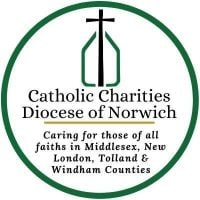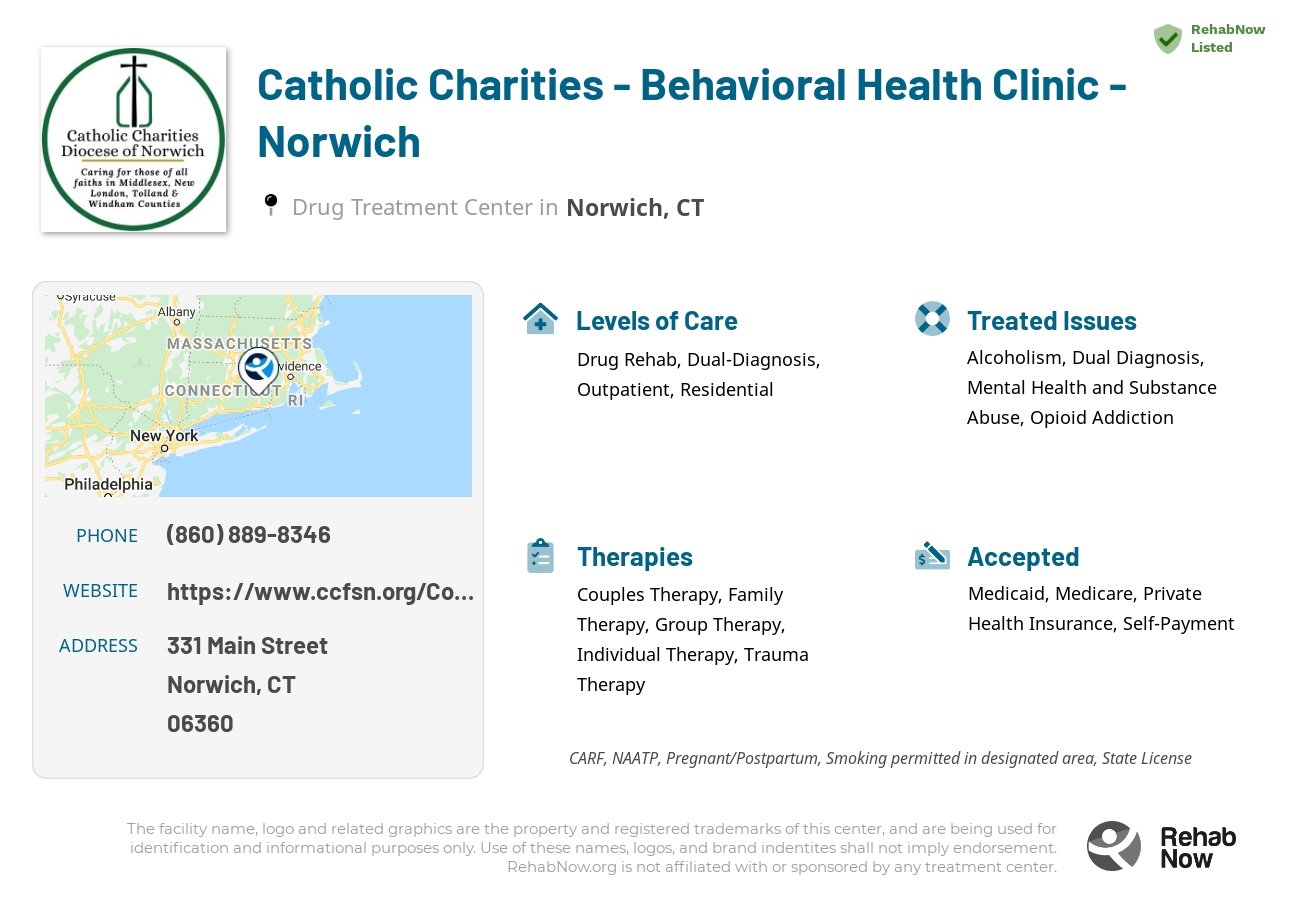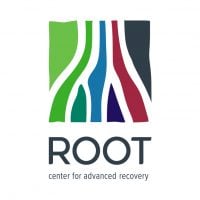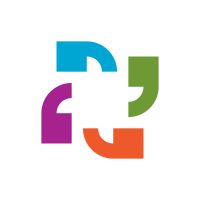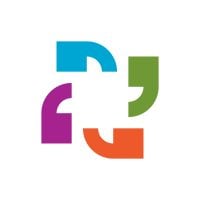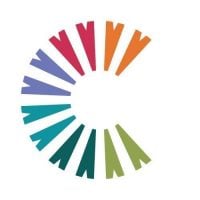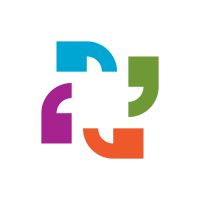Catholic Charities - Behavioral Health Clinic - Norwich
Drug Rehab Center in Norwich, Connecticut
Catholic Charities Behavioral Health Clinic in Norwich, Connecticut offers a comprehensive outpatient drug rehabilitation program for individuals struggling with addiction or dual diagnosis, with multiple levels of care supported by private health insurance.
About Catholic Charities - Behavioral Health Clinic - Norwich in Connecticut
Catholic Charities - Behavioral Health Clinic - Norwich is a treatment facility located in Norwich, Connecticut, that specializes in providing services for individuals struggling with alcoholism, dual diagnosis, opioid addiction, and drug addiction. As an affiliate of the Diocese of Norwich Catholic Charities, this clinic offers a range of treatment options for those looking to overcome their substance abuse issues. They accept private health insurance, ensuring accessibility to individuals with coverage, and provide both outpatient and residential levels of care.
With a focus on addressing alcoholism, dual diagnosis, opioid addiction, and drug addiction, Catholic Charities - Behavioral Health Clinic - Norwich provides a comprehensive approach to treatment. Their services include drug rehab and dual-diagnosis treatment, catering to individuals who have both substance abuse disorders and mental health conditions. Through outpatient programs, individuals can receive the necessary support and therapy while maintaining their daily routines. For those requiring a more intensive level of care, residential treatment is available, providing a safe and structured environment for recovery. Their treatment methods encompass evidence-based practices, counseling, and therapy to address the underlying causes of addiction and promote long-term recovery.
Genders
Ages
Modality
Additional
Conditions and Issues Treated
Opioid addiction treatment should be done in a medically supervised drug rehab. While taking opioids, users will typically use other substances to enhance the effects of opioids or to reduce the adverse effects of opioid use. Opioid addiction treatment will include detoxification and drug rehab counseling to help both the user and their loved ones learn how to live a successful sober lifestyle.
Treatments such as methadone, buprenorphine, and naltrexone are three medications that can help treat opioid addiction. These drugs work on the brain’s pleasure center and reduce cravings and the effects of illicit opioids such as heroin. These drugs can be either given orally or by injection. Individual drug rehab counseling sessions can be helpful to discuss any questions or concerns with the drug treatment program. This counseling will also help the user set goals for when they finish drug rehab.
Opioid addiction recovery is a long process. Many of the changes to the brain caused by opioid use cannot be undone, but with time and the proper treatment, a person can return to normal function. After detox, treatment will include drug rehab counseling and entering a halfway house or sober living community. Aftercare is critical to long-term recovery, as it helps the user avoid relapsing and entering back into drug rehab.
Levels of Care Offered
This center offers a variety of custom treatment tailored to individual recovery. Currently available are Drug Rehab, Dual-Diagnosis, Outpatient, Residential, with additional therapies available as listed below.
“Outpatient treatment is ideal for those who have a lower intensity addiction. It’s also suitable for those with a supportive environment and those on a tight budget.
Outpatient treatment can be considered the lowest intensity level of addiction treatment. It is ideal for early phase addiction or lower intensity addictions. It may involve weekly sessions instead of daily. Peer group support, 12-step programs, and individual counseling may still be used and anti-addiction medication.
Residential treatment programs are those that offer housing and meals in addition to substance abuse treatment. Rehab facilities that offer residential treatment allow patients to focus solely on recovery, in an environment totally separate from their lives. Some rehab centers specialize in short-term residential treatment (a few days to a week or two), while others solely provide treatment on a long-term basis (several weeks to months). Some offer both, and tailor treatment to the patient’s individual requirements.
Therapies & Programs
No single treatment works for all addicts; therefore, the goal of treatment and therapy should be to find what works best for each individual. Some people requiring addiction treatment may only need a few weeks of inpatient care. Others will require long-term residential care. Tolerance and withdrawal levels vary from person to person and thus affect the intensity of the treatment needed.
If an individualized approach to treatment and therapy is not offered, addicts may fail to reap benefits from their efforts. Professionals must customize plans according to their patient’s needs, limitations, and strengths. The goal of all forms of addiction treatment should be for addicts to find healthy ways to cope with their addiction and its underlying causes.
Couples therapy for drug addiction is a unique form of therapy that allows family members to work through the emotional issues of their loved one’s addiction together. Family members can support each other while learning how to cope with the addiction and encourage healthy changes.
Accordingly, couples therapy for drug addiction is designed for an addict and their significant other or spouse. The two will work with a therapist to learn how the addiction affects themselves and the relationship and how to break the negative patterns of behavior that may have developed.
Drug addiction can destroy a person’s life, as well as their family and friends. The loss of one’s ability to choose how to live and behave often leads the addict into depression, anger, guilt, and many emotional problems.
The therapies usually include siblings, children, and parents who are involved in their daily lives. These sessions are vital because they address past issues that may have hampered an addict’s or alcoholic’s recovery and provide support at a crucial time!
One of the most critical aspects of family therapy is helping addicts’ loved ones see their situation in a new light. It’s also one of the most challenging things a family can do when a loved one struggles with addiction or alcoholism.
Group therapy is held in a safe, controlled setting where patients can feel comfortable sharing their struggles and gaining perspective through shared conversations. It takes place in a group rather than one on one to prevent feelings of isolation or being unique in their situation while creating an environment for addicts at Catholic Charities - Behavioral Health Clinic - Norwich to develop fellowship, accountability, and support. Group therapy is an important tool in recovery that prevents cravings that prompt a return to active addiction.
This type of therapy involves the use of a variety of therapeutic techniques to help addicts recover from past traumas that might have triggered their substance abuse. During these sessions, therapists will work with the addict to address painful memories and learn how to cope effectively with stressors as they arise.
During these types of sessions, therapists will typically focus on three main goals:
- Identifying and expressing painful emotions associated with past traumas.
- Reducing the effects of stress on an addict’s life by developing more effective coping mechanisms.
- Developing healthy ways of thinking about stressful situations that can help addicts avoid substance abuse issues in the future.
This type of therapy is typically used in conjunction with other types of addiction treatment services. By identifying and dealing with the root cause of addiction, most addicts can overcome their cravings and prevent relapse once they leave rehab.
Many different types of addiction treatment services exist to help addicts safely get sober, but it’s important for recovering individuals to find a therapist or support group that will help them address the root cause of their addiction.
Payment Options Accepted
For specific insurance or payment methods please contact us.
Is your insurance accepted?
Ask an expert, call (888) 674-0062
Diocese of Norwich Catholic Charities Associated Centers
Discover treatment facilities under the same provider.
- Catholic Charities Diocese - Norwich Office in Norwich, CT
- Catholic Charities - Behavioral Health Clinic - Middletown in Middletown, CT
- Catholic Charities Diocese in Middletown, CT
- Catholic Charities - Behavioral Health Clinic - New London in New London, CT
- Catholic Charities - Behavioral Health Clinic - Willimantic in Willimantic, CT
Learn More About Diocese of Norwich Catholic Charities Centers
Additional Details
Specifics, location, and helpful extra information.
Norwich, Connecticut 6360 Phone Number(860) 889-8346 Meta DetailsUpdated November 25, 2023
Staff Verified
Catholic Charities - Behavioral Health Clinic - Norwich Patient Reviews
There are no reviews yet. Be the first one to write one.
Norwich, Connecticut Addiction Information
Connecticut has a higher rate of substance abuse and addiction than the national average. The state ranks in the top 10 in the country for illicit drug dependence among those ages 18 to 25. In 2010, there were 9,211 people admitted to an alcohol treatment facility for alcohol abuse combined with a secondary drug. Connecticut ranked fifth in the United States of America for the number of fatalities involving drunk driving in 2014.
9.4% of Norwich residents reported past-month illicit drug use. The most commonly used drugs in Norwich are marijuana, cocaine, and heroin. In 2014, there were 10 drug overdose fatalities in Norwich, CT, which is a rate of 11.8 per 100,000 residents. People with drug problems are more likely of contracting diseases like Hepatitis B. A good way to start looking for treatment is to ask someone who has been through treatment before.
Treatment in Nearby Cities
- Newington, CT (35.7 mi.)
- Brooklyn, CT (19.3 mi.)
- West Haven, CT (48.7 mi.)
- Canaan, CT (70.3 mi.)
- Cheshire, CT (43.5 mi.)
Centers near Catholic Charities - Behavioral Health Clinic - Norwich
The facility name, logo and brand are the property and registered trademarks of Catholic Charities - Behavioral Health Clinic - Norwich, and are being used for identification and informational purposes only. Use of these names, logos and brands shall not imply endorsement. RehabNow.org is not affiliated with or sponsored by Catholic Charities - Behavioral Health Clinic - Norwich.
